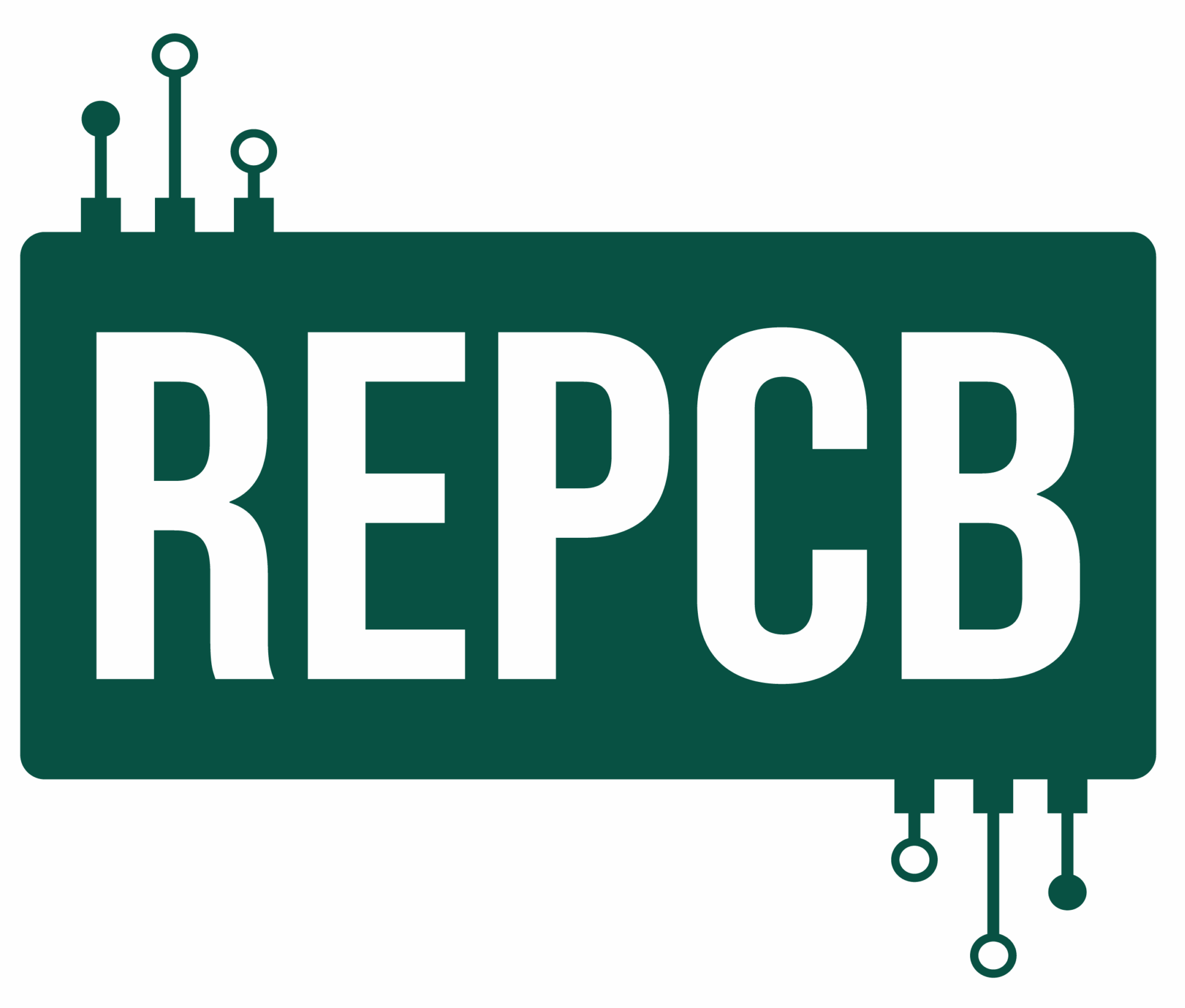Are Hard Drives Considered E-Waste?
repcb1
on
July 28, 2025
Key Takeaways...
- Hard drives are classed as e-waste because they contain electronic components and can harm the environment if not disposed of correctly.
- They also store sensitive data, so secure wiping or destruction is essential before recycling.
- UK businesses are legally required under WEEE regulations to handle hard drives and other e-waste responsibly.
When businesses upgrade their IT equipment or decommission old servers, one common question arises: Are hard drives considered e-waste? The short answer is yes – hard drives fall firmly under the category of electronic waste (or e-waste). But what exactly does that mean, and why is it important for businesses to handle them correctly?
In this article, we’ll break down what qualifies as e-waste, why hard drives are included, and how to dispose of them securely and responsibly.
What is E-Waste?
E-waste (short for electronic waste) refers to any discarded electrical or electronic equipment. This includes devices that are no longer wanted, are broken, or have reached the end of their usable life. Examples include:
- Computers and laptops
- Mobile phones and tablets
- Servers and networking hardware
- Printers and copiers
- Small household electronics like TVs and microwaves
In the UK, e-waste is regulated under the Waste Electrical and Electronic Equipment (WEEE) Regulations, which place legal obligations on businesses and organisations to dispose of such items responsibly.
Why Are Hard Drives E-Waste?
Hard drives, whether they are the older mechanical HDDs or newer solid-state drives (SSDs), are considered e-waste for several reasons:
- They are electronic components – Hard drives contain circuit boards, chips, and other electronics.
- They can be harmful to the environment – Many hard drives contain metals and materials that, if sent to landfill, can pollute soil and water.
- They have valuable materials – Hard drives often contain aluminium, copper, and sometimes even precious metals, all of which can be recovered through recycling.
The Security Element
When it comes to hard drives, there’s another crucial consideration: data security. Unlike many other forms of e-waste, hard drives often store sensitive business and personal information. Simply throwing them away (or even deleting files) isn’t enough to keep data safe.
Businesses must ensure that hard drives are either securely wiped or physically destroyed before they leave the premises. Failure to do so can lead to data breaches and potentially hefty fines under data protection laws.
How Should Hard Drives Be Disposed Of?
To comply with WEEE regulations and maintain data security, the following steps are recommended:
- Data wiping or destruction – Use certified software to wipe drives, or arrange for secure physical destruction.
- Choose a licensed e-waste recycler – Work with a reputable recycling company that’s authorised to handle e-waste.
- Request documentation – Ensure you receive a certificate of data destruction and a waste transfer note for your records.
By following these steps, your business can avoid compliance issues, protect sensitive data, and reduce environmental impact.
Why It Matters
E-waste is the fastest-growing waste stream in the world, and the UK produces one of the highest volumes per capita. Handling hard drives responsibly is part of a much bigger picture – reducing waste going to landfill, recovering valuable materials, and keeping hazardous substances out of the environment.
For businesses, it’s also about reputation and trust. Customers and clients want to know that their data is secure, and mishandling hard drives can have serious consequences.
Ready to Recycle Hard Drives Safely and Responsibly?
If your organisation has hard drives or other IT equipment ready for disposal, RePCB can help. We provide e-waste recycling services across the UK, ensuring full compliance with WEEE regulations and complete peace of mind.
Contact us today to arrange a collection and recycling service for your hard drives. We’ll help you meet legal obligations and recover valuable materials from your redundant IT assets.



